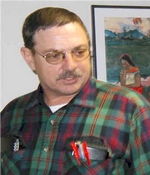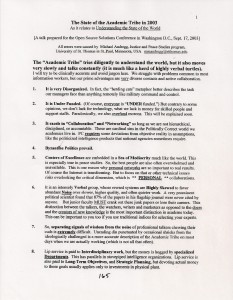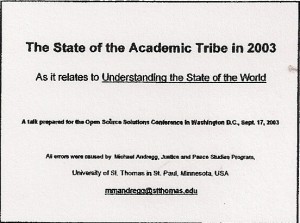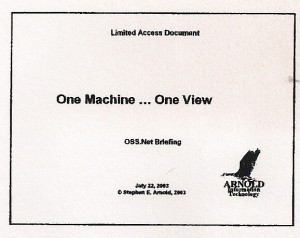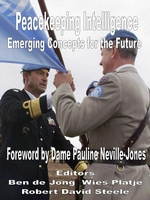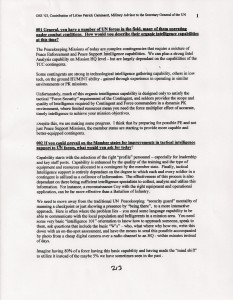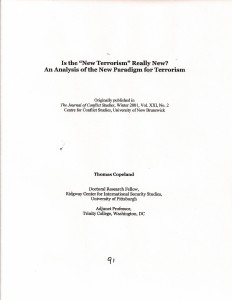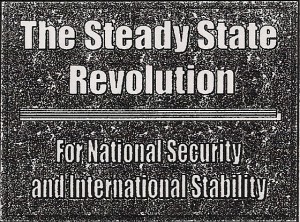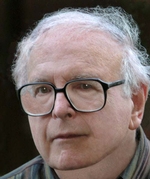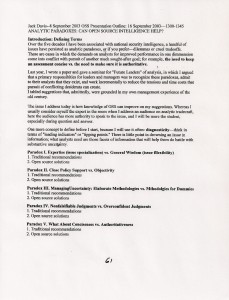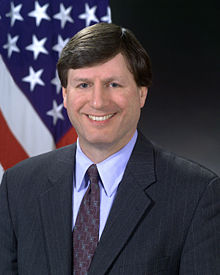
Dr. Stephen Cambone was a fine Undersecetary of Defense for Intelligence (USD(I)) given the context he was in and the policy personalities he was dealing with. His most brilliant moment, for the public interest, came on 22 January 2004 when he spoke to the Security Affairs Support Association (SASA) about the need for universal coverage at the neighborhood level of granularity. When combined with Boyd Sutton's findings on the Challenge of Global Coverage (Frog Left), and the 9-11 Commission depiction of an independent Open Source Agency (OSA) on page 413 of its report (Frog Right), the stage is now set for the present USD(I) to finally get moving on this program with an Initial Operating Capability (IOC) of no less than $125 million a year, as has been agreed to by OMB principals and key staff on successive occasions.
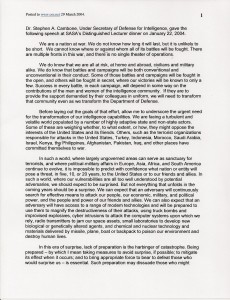
The other two legs of the DoD OSINT stoolare below. Note that the 9-11 Commission did not have time to fully understand the OSA it was recommending; all serious practitioners have agreed that it cannot be within the secret intelligence world, but rather outside the wire, perhaps under joint Defense Intelligence (DIA) and Civil Affairs (CA) proponency, the first responsible for firehosing all OSINT to the high-side, building the bridge from Intelink-U to the SIPR Net; the second responsible for both ingesting all open source information from multinational partners including Non-Governmental Organizations (NGO), and for multi-national information-sharing and sense-making at the unclassified level, all of which is both shared liberally without secret world constraints, and also feed immediately to the high-side for further explotation by all-source analysts with access to all available classified information.
DOC (8 Pages): Cambone Speech to SASA 22 Jan 04



